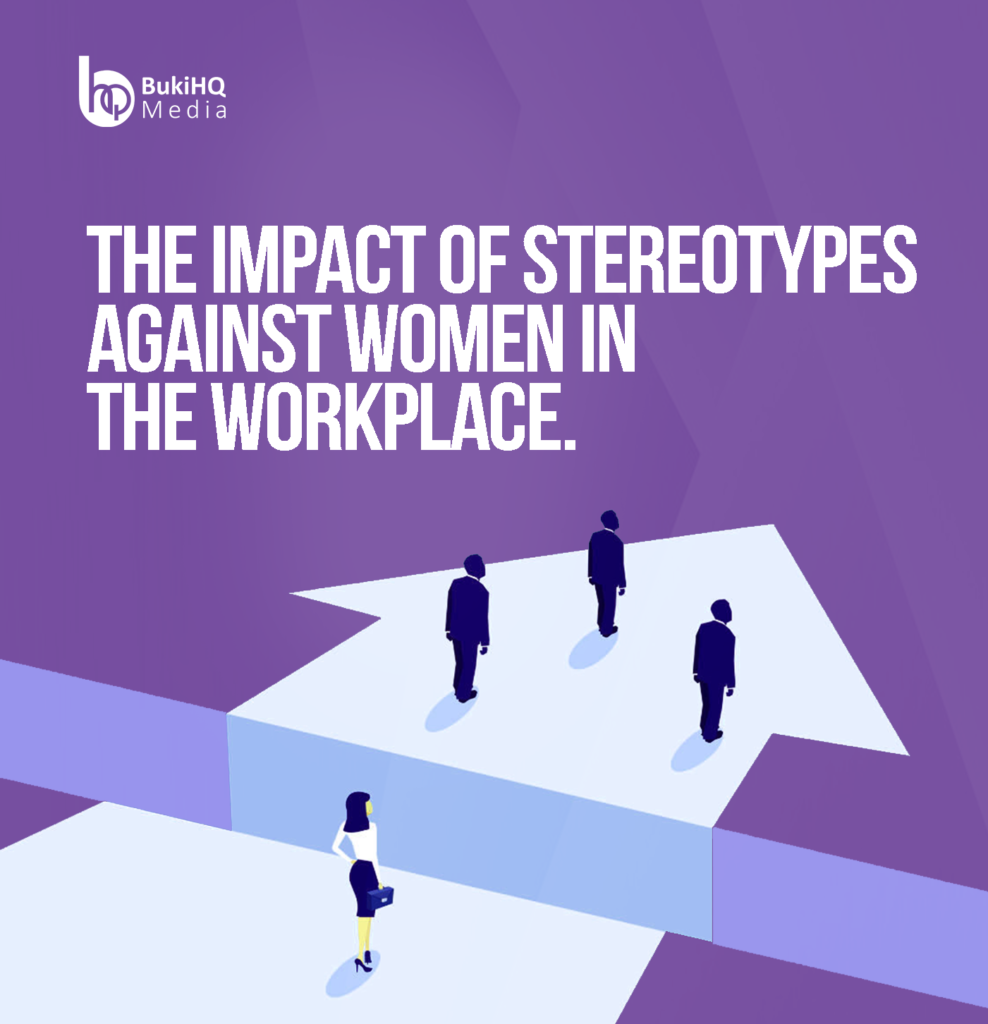
Gender inequality does not occur in a vacuum, rather it is deeply woven into every part of our society. As we celebrate workers this month, we choose to discuss ‘The Impact of Stereotypes Against Women in The Workplace’ in promotion of our commitment to the sustainable goal of Gender Equality.
Since the industrial revolution which saw the dramatic shift in the roles of women from traditional and domestic functions to joining the workforce in order to support their families, women’s participation in formal and informal labour markets is on a positive trajectory and has been on the rise in both rural and urban areas. As a matter of fact, the World Bank report of 2019, shares that 45.5% of the Nigerian labour force are women.
While the active participation of women in the workforce to an extent, fulfils the expectation of gender equality in society, it is however no news that the stereotypes against women are still in play as they encounter unfavourable and difficult challenges at work. These challenges categorise the impediments to the realization of gender equality in our society.
More often than not, women are faced with a more understated type of prejudice called benevolent sexism, in which women are stereotyped as affectionate, delicate, sensitive and weak. Although these traits and attitudes seem to encompass behaviours that favour women, research has shown that benevolent sexism is just as oppressive as hostile sexism, simply because it is directly linked to the belief that women are not competent or suited for high-pressure competitive leadership tasks.
How about motherhood biases which can also be wrapped in apparent benevolent behaviour? A study published in the American Journal of Sociology found mothers were 79% less likely to be hired, 100% less likely to be promoted and offered $11,000 less in salary. Moreover, women are usually “excused” from being assigned to projects requiring travel; encouraged to leave work early or come in late and held to lower performance standards than their colleagues.
These stereotypes translate to the self-limiting biases women encounter which basically stems from impostor syndrome and stereotype threats. For example, stereotype threat is at work if you become anxious and uncertain about your abilities when you are expected to perform a task strongly associated with male stereotypes — a difficult negotiation, control of a large meeting or arguing for a radical change in your organization’s business strategy. When you are effectively taken out of the rough and tumble of the career advancement game, you are going to lose the chance to “win” at that game.
We at BukiHQ Media are focused on empowering every woman that constitutes the team and the client base we have. We ensure that equal rights based on acceptable and equitable standards are upheld, not to the detriment of the male counterparts, but to drive and sustain our commitment to gender equality in our society. The Director-General of the World Trade Organization, Ngozi Okonjo- Iweala once said, “Investing in women is smart economics and investing in girls, catching them upstream is even smarter economies”. #BukiHQMediaforHer
Written by Chisom Ezeneche

